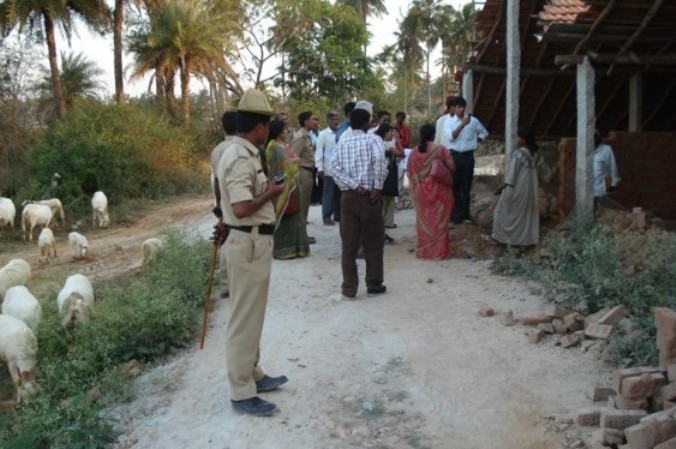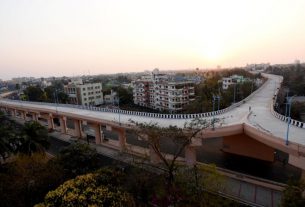Bhubaneswar: Six families from Odisha’s Balangir district who were trafficked for labour to a brick kiln in Karnataka in 2005 and held captive for three years, were finally served justice after a long wait of 12 years.
On August 31, 2020, the Additional Sessions Court, Bengaluru Rural District convicted and sentenced the brick kiln owner from Devanahalli, Bengaluru Rural to three years imprisonment and a fine of Rs 52,000 under Section 18 of the Bonded Labour System (Abolition) Act, Section 374 (Unlawful compulsory labour) of the Indian Penal Code (IPC), Section 3 & 14 of the Child Labour (Prohibition & Regulation) Act, and Section 3 of the Scheduled Castes and Tribes (Prevention of Atrocities) Act.
The owner of the kiln was convicted for confining 12 people as bonded labourers in his brick kiln from 2005 to 2008, while also committing other offences during this time. The six families were trafficked to Bengaluru after they received advance money ranging from Rs 6,000 to Rs 10,000.
Besides being severely overworked and underpaid, the victims were abused verbally and physically. “For three years at the brick kiln, we were not allowed to step out of the facility. He would thrash us with lathis and tell us that he would bury our skeletons at the kiln after we die there,” says Agni Tumunia, one of the survivors who lost her husband to a road accident a few years ago.
Agni lives with her three sons who are in schools and colleges. “I cook mid-day meals at a government school here and I made sure that my sons get the best education possible. All my three sons are in college now,” she says.
“Only the male members were allowed to go out to the market once a week. The women and children were to remain at the worksite to make sure that the men do not escape. We were forced to make bricks for 14 hours a day,” informed Matiram Tumunia, another survivor.
The victims received a daily wage of only about Rs. 28 per person. At the time of their rescue in 2008, the mandated minimum wage for a brick kiln worker in Karnataka was Rs 140.10 indicating that the survivors were severely underpaid. The owner also forced the children to work at the kiln.
In March 2008, the Bengaluru Rural District Administration and Police assisted by International Justice Mission (IJM) rescued the victims from the brick kiln. After an enquiry, Release Certificates were issued to the adults and working children by the District Administration. An FIR was registered following which the owner was arrested but later granted bail. The charge sheet was filed in June 2009 and the trial of the case began on 28 May 2013 and continued till 19 November 2015.
As many as 30 hearings were conducted during this time. On two occasions the victims had travelled to Bengaluru from Odisha to testify in court. Since the victims only knew Odia, the judge ensured a translator was appointed so that the evidence of the victims was recorded appropriately
“Labour Trafficking is an issue that the state has been grappling with for several decades now. Of late, the Odisha government has initiated several steps to address the crime by conducting raids and arresting traffickers. Labour Minister Sushant Singh recently spoke of the need to regulate Sardars and middlemen and even raised concerns about the nexus between the local administration and the traffickers. It is important that the government continues its initiatives to prevent this crime and protect the migrating labourers from landing in dangerous situations” said Neenu Thomas, Director, Odisha Projects, International Justice Mission (IJM).



